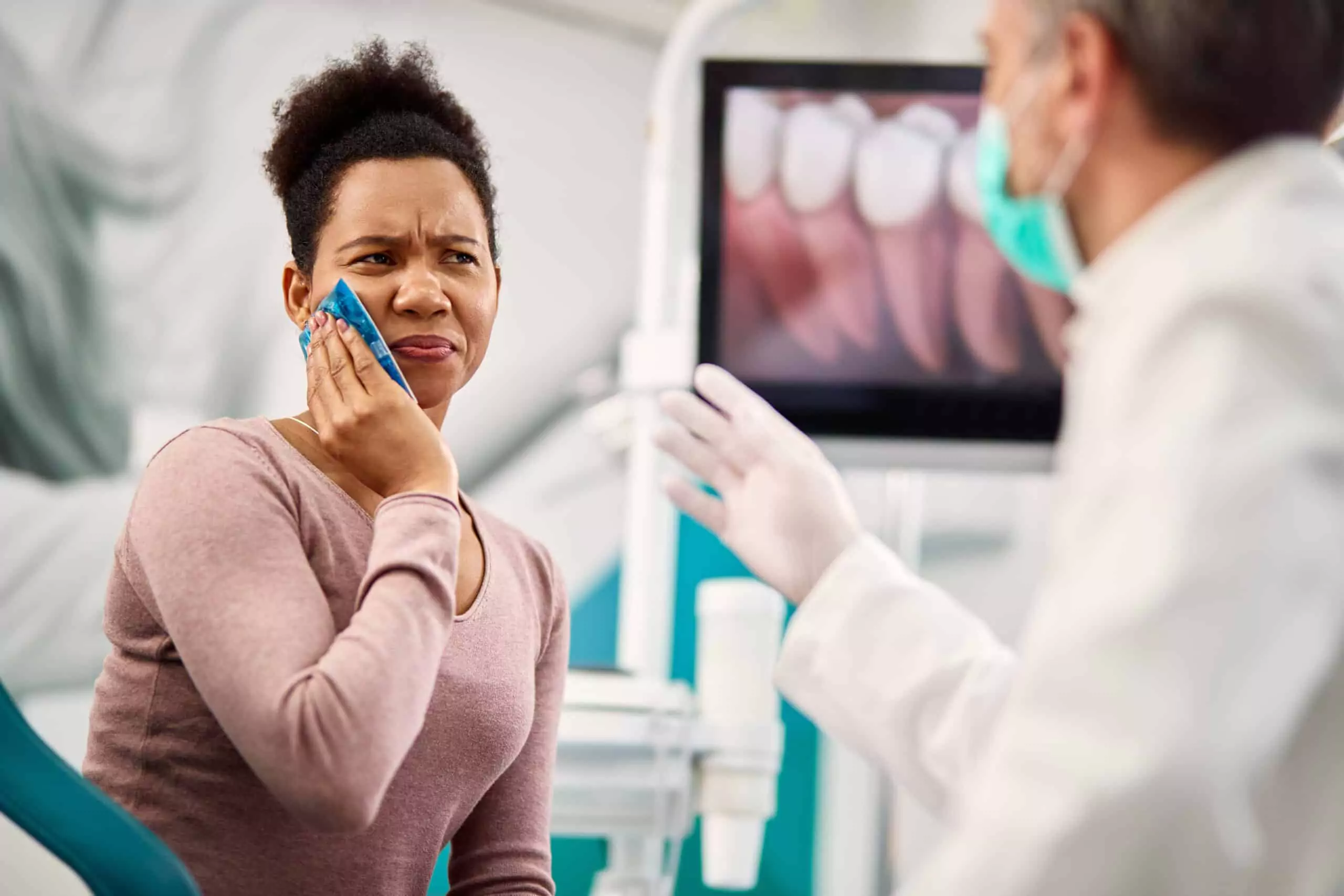Last Updated on: 13th December 2025, 08:16 am
If you have a dental emergency during a celebration, stay calm. Rinse your mouth with warm water, apply a cold compress to reduce swelling, take painkillers like ibuprofen, and avoid chewing on the injured side. For a knocked-out tooth, keep it moist and see a dentist immediately.
Celebrations like the 4th of July, birthdays, national holidays, or New Year’s Eve are times of excitement, gatherings, and abundant food. They also come with risks.
Imagine biting into a hard candy or accidentally getting hit in the mouth while playing backyard games with friends. These are common scenarios that can turn your fun day into a stressful emergency.
According to the American Dental Association (ADA), holiday weekends see a spike in dental emergencies due to:
- eating hard or sticky foods
- drinking alcoholic beverages that dull judgment
- Engaging in physical activities without mouth protection
- delayed response times because emergency clinics are closed
Understanding these risks will help you enjoy celebrations without unwanted surprises.
What are the most common emergency dental issues during celebrations?
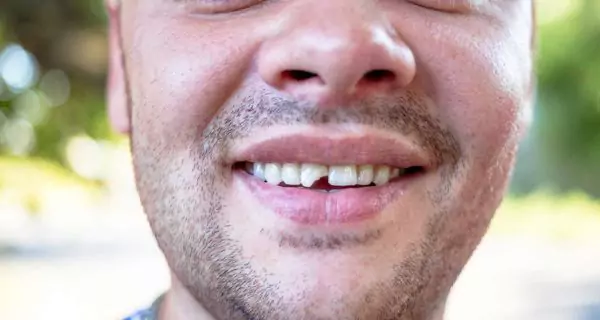
Dental emergencies vary in severity. Some can wait for a regular dental appointment, while others require immediate care to prevent permanent damage.
Here are the most common issues reported during festivities:
- Broken or chipped teeth: often caused by chewing hard foods or accidental falls.
- Knocked-out (avulsed) teeth: usually from sports, fights, or physical games.
- Lost fillings or crowns: Sticky candies like caramel or toffees can pull them out.
- Soft tissue injuries: cuts on gums, lips, or tongue, especially in children.
- Severe toothaches or abscesses: exacerbated by sweets, cold drinks, or untreated cavities.
What should you do immediately if you have an emergency dental issue?
Every dental emergency requires attention. Seeing your dentist is always the safest choice, but knowing what to do on your way can reduce pain, prevent complications, and even save a precarious tooth.
What should you do if you break or chip a tooth?
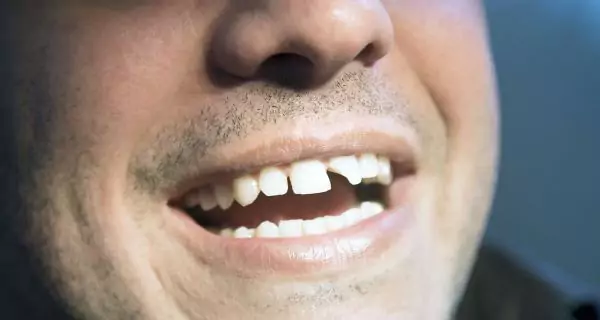
If you break or chip a tooth:
- Stay calm: panicking will worsen the situation.
- Rinse your mouth with warm water to clean debris or blood.
- Apply a cold compress to your cheek near the injury for 10-15 minutes to reduce pain and swelling.
- Avoid touching the area with your tongue or fingers.
- Take an over-the-counter painkiller like ibuprofen or acetaminophen if needed.
Seek urgent dental care if the tooth is loose and bleeding heavily, or causes severe pain.
What should you do if a tooth gets knocked out?
For a knocked-out tooth:
- Pick it up by the crown (top part), never by the root.
- If dirty, rinse it gently with milk, saline, or clean water, but do not scrub it.
- Try to reinsert it into the socket, facing the correct way.
- If reinserting isn’t possible, store it in milk, saline solution, or your saliva to keep it moist.
- See a dentist immediately, ideally within 30-60 minutes for the best chance of saving it.
Never store the tooth in plain water for long periods, as it can damage root cells needed for reattachment. A good tip is to have a “Save-A-Tooth Kit,” which could improve reimplantation success.
What should you do if you lose a filling or crown?
If a filling or crown falls out:
- Keep the filling or crown in a clean container and take it to your dentist.
- If the tooth is sensitive, cover it with dental wax (e.g., DenTek Temparin Max) or sugar-free gum as a temporary measure.
- Avoid chewing on that side and stay away from hot, cold, or sweet foods that may cause pain.
Visit your dentist as soon as possible to re-cement the crown or replace the filling properly.
What should you do if you have a soft tissue injury (gums, lips, or tongue)?
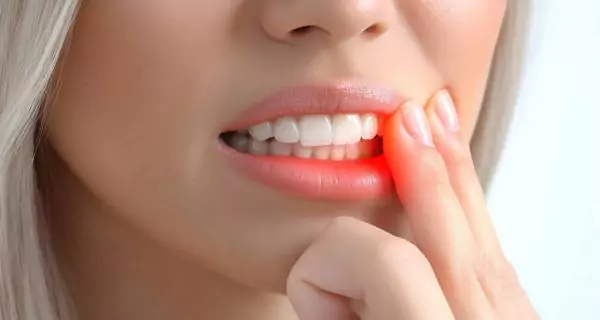
For cuts or injuries in your mouth:
- Rinse your mouth gently with warm salt water to clean the area.
- A pressure with sterile gauze to stop bleeding.
- Use a cold compress on the outside of your mouth to reduce swelling.
Seek medical care immediately if the bleeding doesn’t stop after 10-15 minutes of pressure or if the cut is deep.
What to do if you have a severe toothache or abscess?
If you have a strong toothache or signs of an abscess:
- Rinse with warm salt water to clean the area and ease discomfort.
- Take OTC painkillers like ibuprofen or acetaminophen to reduce any pain and inflammation.
- Apply a cold compress to your cheek for temporary relief.
- Do not place aspirin directly on gums or teeth, as it can burn tissue.
Seek emergency dental care immediately if you have severe pain, swelling in your face or jaw, fever, or pus drainage; these are signs of a serious infection.
How can you manage pain and swelling during a celebration?
To keep discomfort under control while you find dental care:
- Take OTC pain relievers like ibuprofen or acetaminophen (avoid aspirin if there is bleeding).
- Apply cold compresses on the outside of the face intermittently, to reduce swelling and numb pain.
- Eat only soft, cold foods like yogurt, smoothies, or mashed potatoes.
- Avoid hot, spicy, crunchy, alcoholic, or sugary foods/drinks that may irritate the injured area.
- Stay hydrated with water to maintain oral moisture and comfort.
Home remedies like clove oil, garlic paste, or saltwater rinses can provide temporary relief for toothaches, but they are not substitutes for professional care.
What should you include in a dental emergency kit?
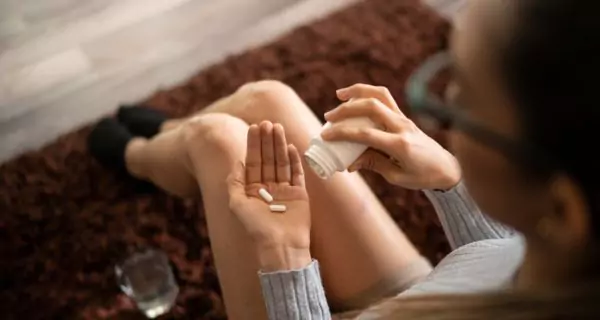
Having a kit ready keeps you prepared for any situation. Include:
- sterile gauze and dental wax
- pain relievers like ibuprofen or acetaminophen
- a small container with a lid (for knocked-out teeth)
- saline solution for rinsing
- a small mirror and flashlight
- contact details of your dentist and nearby emergency clinics
- optional: A “Save-A-Tooth” kit to store an avulsed tooth safely
Before the holiday, research for dental clinics or hospitals that offer 24-hour emergency services. Save their contact information in your phone or emergency kit, and call ahead to confirm their holiday hours and availability.
Having this information ready ensures that you won’t waste valuable time looking for help if an unexpected dental emergency should occur.
How can you prevent an emergency dental issue during celebrations?
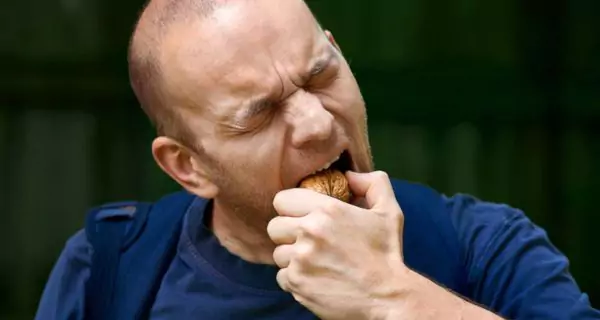
Prevention is the best way to enjoy holidays like Independence Day, the 4th of July, or any celebration without unexpected dental problems. Even small steps protect your teeth and keep your smile holiday-ready.
What foods should you avoid during celebrations?
During parties or holidays:
- Don’t chew hard objects like ice, popcorn kernels, or hard candies; they can chip or crack teeth.
- Limit sticky foods such as caramel or toffee;they may pull out fillings or crowns.
- Reduce sugary foods and drinks; they can trigger toothaches or worsen cavities.
Rinse your mouth with water after sweets to wash away sugar and acids.
Should you use a mouthguard during festivities?
Yes, especially if you plan to:
- play sports or physical games
- join activities with a risk of falls or facial impact
A custom-fitted mouthguard offers the best protection, but store-bought ones are helpful too. Wearing one significantly lowers the chance of broken or knocked-out teeth.
How does alcohol increase dental injury risks?
Excessive alcohol consumption can:
- affect balance and judgment, raising accident risks
- cause dry mouth, increasing irritation and tooth pain
- reduce awareness of injuries, delaying treatment
Drink responsibly to protect your overall health and your smile.
How does good oral hygiene help prevent emergencies?
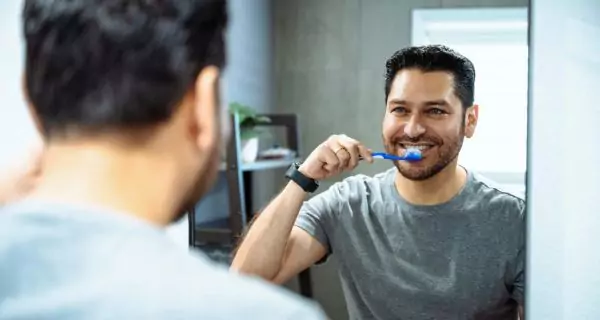
Keeping your teeth healthy makes them stronger and less prone to injury. Remember to:
- Brush twice a day with fluoride toothpaste
- Floss daily to remove food debris and plaque
- Visit your dentist regularly for checkups and cleanings
Even during celebrations, be sure to maintain your routine to avoid sudden dental pain or infections.
How can you keep children’s teeth safe during celebrations?
- Supervise them closely during games or near fireworks.
- Remind them never to run with objects in their mouth.
- Make sure they use child-sized mouthguards if playing sports.
Teaching these habits early prevents injuries and keeps their smiles healthy for life.
When should you visit your dentist before or after a celebration?
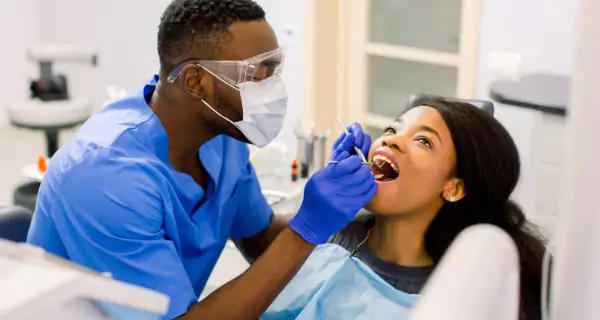
Why should you schedule a dental checkup before a holiday?
It’s wise to see your dentist before any major celebration, especially if you have:
- tooth pain or sensitivity
- loose fillings or crowns
- wisdom tooth discomfort
Your dentist can treat these problems early, preventing emergencies that could ruin your holiday plans.
When should you seek professional dental care after an emergency?
Always see your dentist as soon as possible if you experience:
- severe or persistent pain
- continuous bleeding that won’t stop
- swelling that worsens or spreads to your neck or face
- a loose or displaced tooth
- signs of infection, like fever, pus discharge, or a bad taste
Delaying treatment can lead to serious complications such as infections, abscesses, or permanent tooth loss.
Conclusion
An emergency dental issue can happen anytime, but it doesn’t have to ruin your celebrations, like the 4th of July. Knowing how to act quickly and effectively can save your teeth, reduce pain, and avoid long-term problems.
Just remember to stay prepared with a dental emergency kit, avoid risky foods and behaviors, know where to find emergency dental care, and seek professional help promptly when needed.
Being informed and prepared means you can celebrate confidently, knowing that you’re ready for anything.
Frequently Asked Questions
Can I go to the hospital for a dental emergency?
Should I keep a knocked-out baby tooth?
Can a cracked tooth heal on its own?
Can I brush my teeth if I have a dental injury?
Do dental emergencies always hurt?
Voice and Search (Q&A)
What should I do first if I break a tooth during a celebration?
Rinse your mouth with warm water, apply a cold compress, and take pain relievers if needed. Seek emergency dental care as soon as possible.
Can I put a knocked-out tooth back in myself?
Yes, if it’s a permanent tooth. Hold it by the crown, rinse gently if dirty, and place it back in the socket. If that’s not possible, store it in milk or saliva and see a dentist within an hour.
Where can I find emergency dental care on a holiday?
Check local emergency dental clinics or hospitals. Research contacts before the holiday and call to confirm availability.
Share
References
1. Bustamante, H. N., Amengual, L. J., Fernández, E. L., Zubizarreta, M. A., Da Costa, C. M., & Agustín, P. R. (2020). What can we do with a dental avulsion? A multidisciplinary Clinical Protocol. Journal of Clinical and Experimental Dentistry, e991–e998. https://doi.org/10.4317/jced.57198
2. Cafasso, J. (2023, March 13). First aid for toothache relief. Healthline. https://www.healthline.com/health/dental-and-oral-health/emergency-toothache-relief
3. Cleveland Clinic. (2022, September 15). Dental emergencies. Cleveland Clinic. https://my.clevelandclinic.org/health/articles/11368–dental-emergencies-what-to-do
4. Dailey, Y. M., & Martin, M. V. (2001). Are antibiotics being used appropriately for emergency dental treatment? BDJ, 191(7), 391–393. https://doi.org/10.1038/sj.bdj.4801190
5. Douglass, A. B., & Douglass, J. M. (2003, February 1). Common dental emergencies. AAFP. https://www.aafp.org/pubs/afp/issues/2003/0201/p511.html
-
Dr. Yeidy Carolina Mesa [Author]
DDS Yeidy Carolina Mesa Passionate Dentist | Advocate for Accessible Oral Health Education Graduating from Universidad CES in 2022, I am a dedicated general dentist with a lifelong passion for helping others and making a meaningful impact in the world. My journey into dentistry began at the age of 7, inspired by my own experience with braces and overcoming a fear of the dentist. This personal journey shaped my mission to help patients conquer their own dental anxieties and embrace a healthier,...
View all posts
-
Nayibe Cubillos M. [Medical Reviewer]
Pharmaceutical Chemestry |Pharmaceutical Process Management | Pharmaceutical Care | Pharmaceutical Services Audit | Pharmaceutical Services Process Consulting | Content Project Manager | SEO Knowledge | Content Writer | Leadership | Scrum Master
View all posts
A healthcare writer with a solid background in pharmaceutical chemistry and a thorough understanding of Colombian regulatory processes and comprehensive sector management, she has significant experience coordinating and leading multidisciplina...Recent Posts


